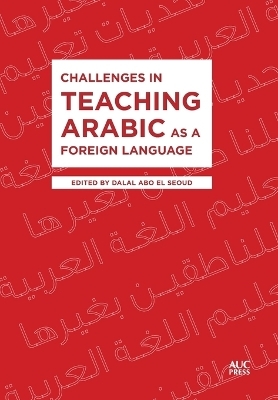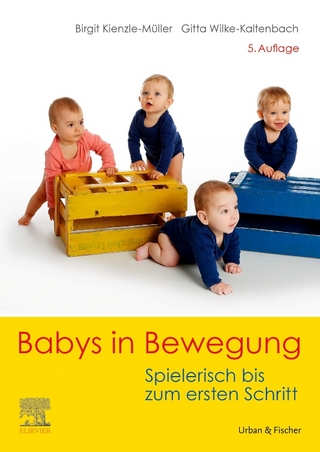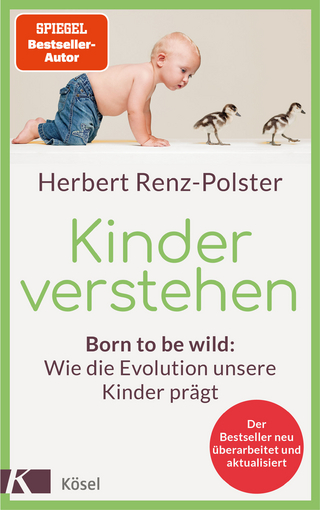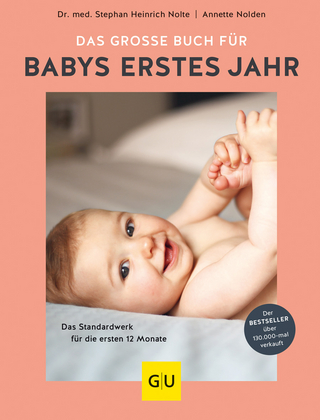
Challenges in Teaching Arabic as a Foreign Language
American University in Cairo Press (Verlag)
978-1-64903-330-7 (ISBN)
Although teaching Arabic as a foreign language (TAFL) has grown inexorably in recent decades, there is a dearth of empirical research on the TAFL classroom experience. In this insightful volume, Dalal Abo El Seoud brings together up-to-date practice-based research and conceptual contributions by eighteen professionals in the field. These address a wide range of challenges in teaching Arabic as a foreign language and ways of overcoming them with a clear eye to twenty-first-century language-learning skills, which advocate communication, collaboration, critical thinking, and creativity.
The chapters address curriculum design, teaching Arabic to non-English speakers, trends in the use of technology, motivating students, teaching Arabic language varieties, and teaching language skills. This volume will be an invaluable resource for teachers and teachers in training of TAFL and for scholars and researchers in the field.
Contributors:
Dalal Abo El Seoud, The American University in Cairo, Cairo, Egypt
Hagar Lotfy Amer, The American University in Cairo, Cairo, Egypt
Wael M. Asfour, independent scholar, Cairo, Egypt
Mona Azzam, State University of New York at Binghamton, New York, USA
Mahmoud Al-Batal, The American University of Beirut, Beirut, Lebanon
Nino Ejibadze, Tbilisi State University, Tbilisi, Georgia
Shereen Y. El Ezabi, The American University in Cairo, Cairo, Egypt
Mohamed Ibrahim, Kafrelsheikh University, Kafr al-Sheikh, Egypt
Mimi Melkonian, Brunswick School, Greenwich, Connecticut, USA
Haitham S. Mohamed, University of California, Berkeley, Berkely, California, USA
Joanna Natalia Murkocinska, Nicolaus Copernicus University in Toruń, Poland.
Heba Salem, The American University in Cairo, Cairo, Egypt
Mohamed Sawaie, University of Virginia, Charlottesville, Virginia, USA
Laila Al-Sawi, The American University in Cairo, Cairo, Egypt
Paweł Siwiec, Jagiellonian University, Cracow, Poland
Iman Aziz Soliman, The American University in Cairo, Cairo, Egypt
Przemysław Turek, Jagiellonian University, Cracow, Poland
Shahira Yacout, The American University in Cairo, Cairo, Egypt
Dalal Abo El Seoud is a senior instructor in the Department of Arabic Language Instruction at the American University in Cairo, where she has been teaching since 1997, and served as chair of the department during 2013–2019. She is co-author of the three-volume series Uktub al-‘arabiya: Writing Skills in Modern Standard Arabic (AUC Press, 2012–2014) and The Concise Arabic–English Lexicon of Verbs in Context (AUC Press, 2011), and author of Fish, Milk, Tamarind: A Book of Egyptian Arabic Food Expressions (AUC Press, 2022).
About the Contributors
Transcription
Introduction Dalal Abo El Seoud
Part 1: Curriculum Design
1.Badawi’s Arabic Language Levels Between Theory and Application: The CASA Approach as a Model
Iman Aziz Soliman and Mohamed Ibrahim
2. Cairo, the City of the 1001 Faces: A Project-Based Learning Course
Heba Salem
Part 2: Teaching Arabic to Non-English Speakers: The Case of Slavic-language Speakers
3. How do Poles in Cairo learn Arabic? A preliminary survey
Joanna Natalia Murkocinska
4. The Advantages and Disadvantages of Teaching the Arabic Language to Native Speakers of Slavic Languages
Przemysław Turek
5. Grammatical redundancy and metalanguage in teaching Arabic as a foreign language
Paweł Siwiec and Jagiellonian University
Part 3: Trends in Technology Use
6. Technology-Mediated Learning and Teaching in Arabic-as-a-Foreign-Language classes (AFL)
Mimi Melkonian
7. The Technological blend: engagement, interaction, e-community in an online AFL course
Shahira Yacout
8. Creating Comics Digitally in the Online AFL Classroom: Students’ perceptions
Mona Azam
9. Digital storytelling: A learning-oriented assessment activity
Dalal Abo El Seoud
Part 4: Motivating Students of Arabic
10. Way beyond Enjoyment: Bringing Movies inside the AFL/ASL Classroom
Laila Al-Sawi
11. Games in AFL classrooms: When to use a game? And how to design an in-class game
Haitham S. Mohamed
12. The Effect of Motivation on Learning a Second Language: A Reflection on AFL Classes at the American University in Cairo (AUC)
Wael M. Asfour
Part 5: Teaching Arabic Language Varieties
13. Colonial Powers and the Imposition of What to Teach: Modern Standard Arabic or a Dialectal Variety?
Mohamed Sawaie
14. Teaching Arabic as a Foreign Language in the Twenty-first Century: Accommodating Change
Mahmoud Al-Batal
15. Specificity of Teaching Arabic as a Foreign Language: University Education
Nino Ejibadze
Part 6: Teaching Language Skills
16. Mastering the Morphology; Towards the Superior AFL Level through Translation
Shereen Y. El Ezabi
17. Media and Arabic Language Post 25th January revolution
Hagar Lotfy Amer
| Erscheinungsdatum | 29.02.2024 |
|---|---|
| Zusatzinfo | 31 b&w illus. |
| Sprache | englisch |
| Maße | 152 x 229 mm |
| Themenwelt | Sachbuch/Ratgeber ► Gesundheit / Leben / Psychologie ► Familie / Erziehung |
| Schulbuch / Wörterbuch ► Wörterbuch / Fremdsprachen | |
| Geisteswissenschaften ► Sprach- / Literaturwissenschaft ► Sprachwissenschaft | |
| Sozialwissenschaften ► Pädagogik ► Sonder-, Heil- und Förderpädagogik | |
| ISBN-10 | 1-64903-330-3 / 1649033303 |
| ISBN-13 | 978-1-64903-330-7 / 9781649033307 |
| Zustand | Neuware |
| Informationen gemäß Produktsicherheitsverordnung (GPSR) | |
| Haben Sie eine Frage zum Produkt? |
aus dem Bereich


